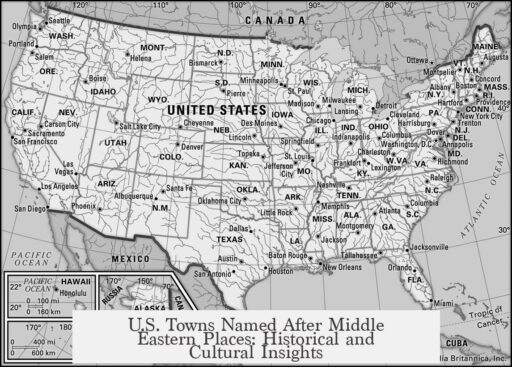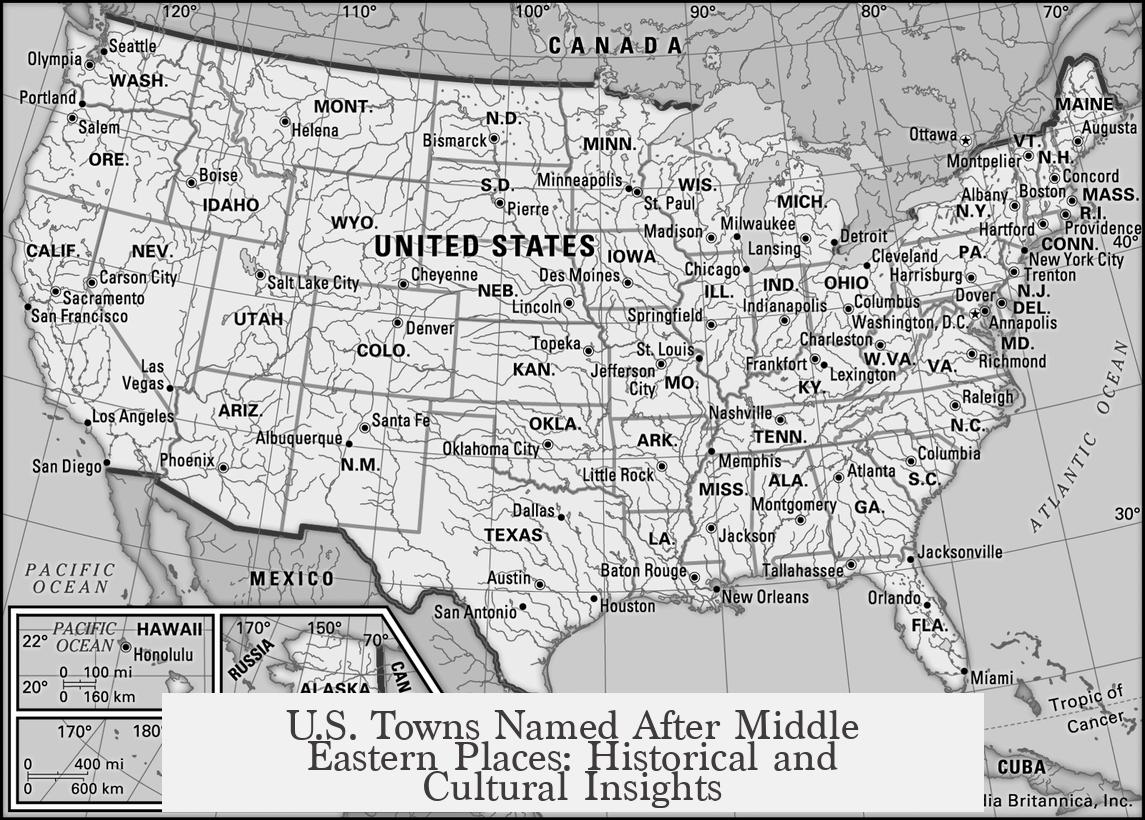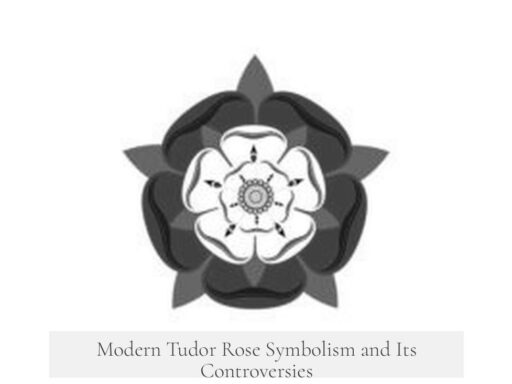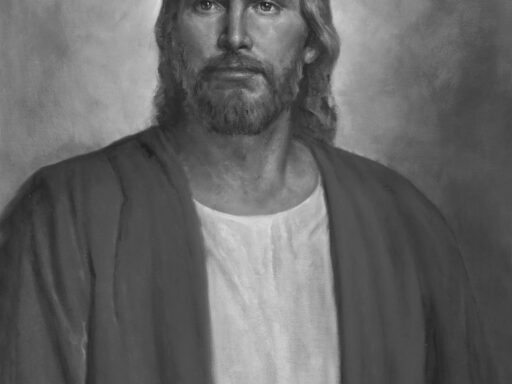Towns in the U.S. named after Middle Eastern places often reflect Biblical inspiration, geographical associations, small group influences, and local cultural factors. Many such names trace back to the Bible. For example, Lebanon, Pennsylvania, like many other Lebanons across the country, likely draws its name from the Biblical Lebanon known for its cedar trees. Bethlehem and Lebanon in the U.S. show a strong link to religious texts rather than the modern Middle East.
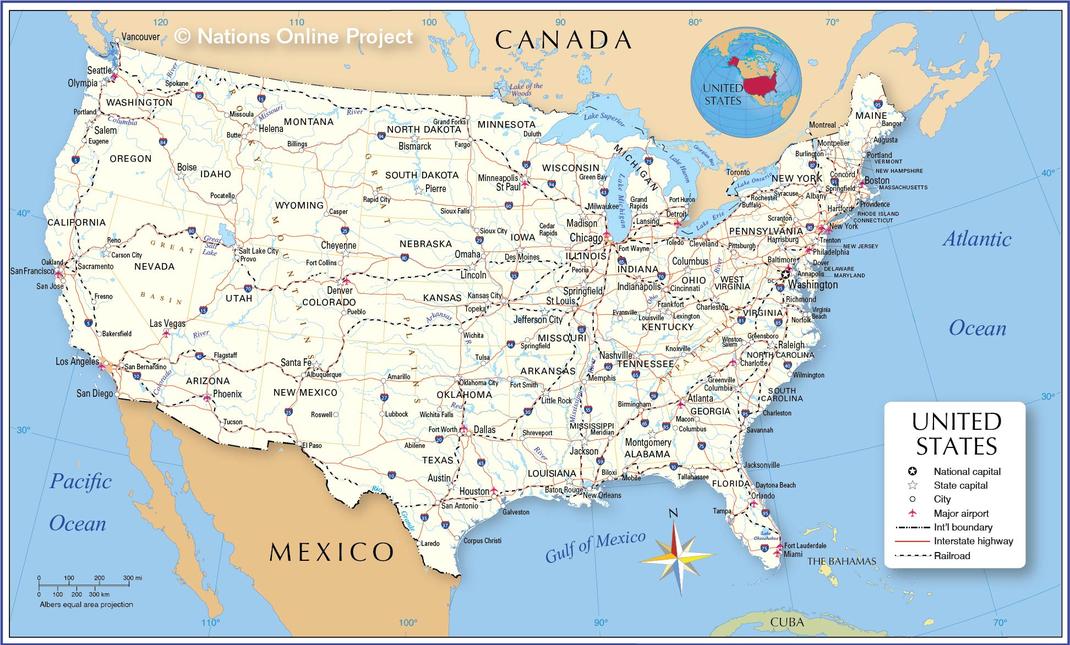
Geographical resemblance inspired some names as well. Towns along the Mississippi River sometimes took names related to ancient Egypt, such as Memphis in Tennessee or Cairo, Thebes, and Karnak in Illinois. Desert areas reminded settlers of Middle Eastern deserts. This led to places like Bagdad, Arizona, and Mecca, California.
Small groups of settlers often selected place names without widespread local agreement. Medina, Washington, offers one case where a small group imposed a Middle Eastern name, even though it wasn’t popular initially. Naming decisions rarely reflect broader cultural trends but rather the preferences of a few founders.
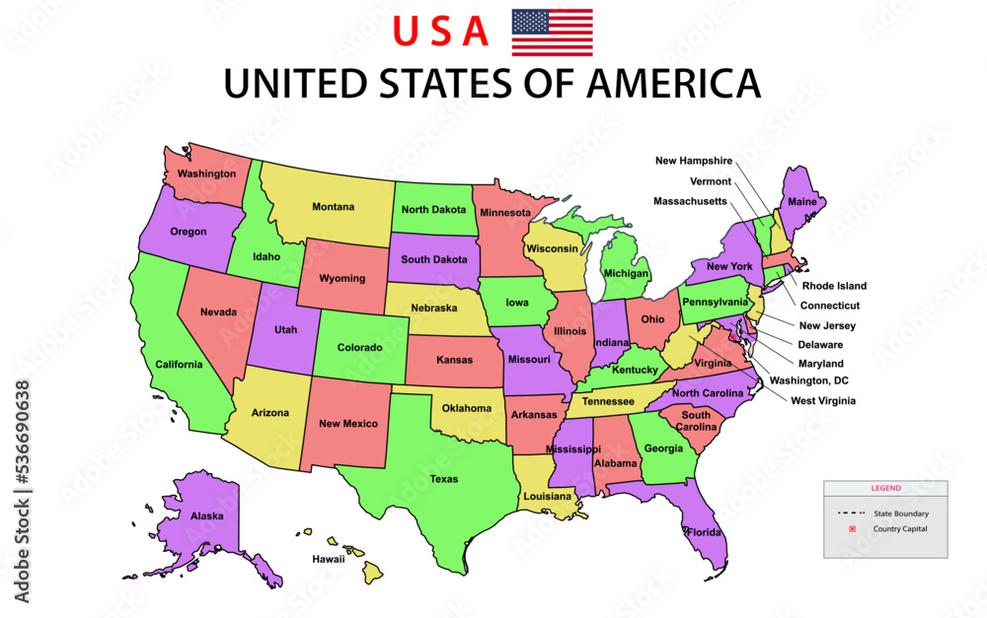
Local cultural influences also play a role. For instance, in California’s Coachella Valley, the presence of Arab and Muslim communities affected architectural styles, street names, and business titles. This association likely influenced the choice of the name Mecca for a town in that area.
Another subtle influence comes from the Shriners, a branch of Freemasonry active in the early 20th century. They adopted Middle Eastern imagery and terms for organization and architecture. Although less directly connected to town naming, this shows familiarity and fascination with Middle Eastern terms in some American social groups.
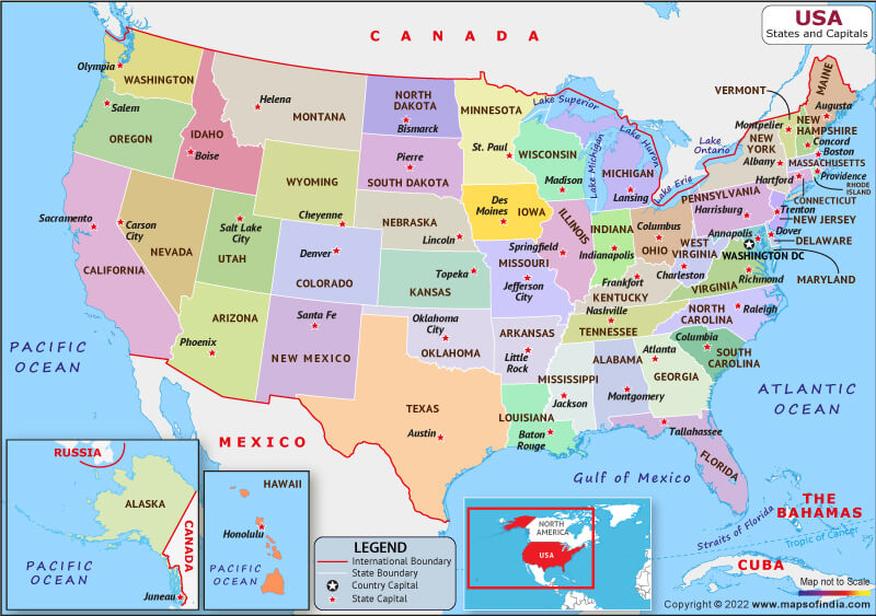
| Reason for Middle Eastern Place Names | Examples | Details |
|---|---|---|
| Biblical Inspiration | Lebanon, PA; Bethlehem | Based on Biblical Lebanon and Cedar Trees |
| Geographical Resemblance | Memphis, TN; Cairo, IL; Mecca, CA | Towns evoke Nile or desert landscapes |
| Small Settler Groups | Medina, WA | Chosen by small, influential groups |
| Local Cultural Influence | Mecca, CA | Arab and Muslim cultural presence |
| Shriners Influence | Various Buildings | Use of Middle Eastern words in organizations |
- Most names reflect Biblical sources, not modern Middle Eastern places.
- Geography shaped naming in river and desert towns.
- Small groups often decided names independently.
- Local cultural presence influenced some choices.
- Fraternal groups like Shriners used Middle Eastern themes culturally.
Why Are There Quite a Few U.S. Towns Named After Places in the Middle East?
Simply put, many American towns borrow their names from Middle Eastern places due to a mix of Biblical inspiration, small founding groups’ preferences, geographical analogies, and some cultural influences. This isn’t just about picking exotic names for fun but is backed by history, faith, and local stories intertwined with American settlement patterns.
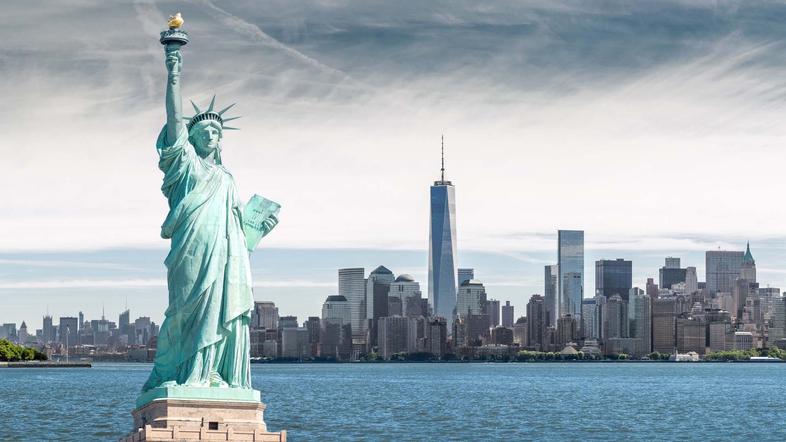
Ever wondered why you can stroll through Lebanon, Pennsylvania, then find Mecca, California, or Medina, Washington without hopping on a plane? Let’s unpack the tapestry of reasons behind these familiar, yet curious, place names.
Biblical Inspiration: The Most Influential Source
One of the biggest drivers of Middle Eastern place names in the U.S. is the Bible. Early American settlers were deeply influenced by Christianity and its sacred geography. You see it clearly in towns named Lebanon.
Take Lebanon, PA, for example. Its founders likely thought of the biblical Lebanon—the land famous for its majestic cedar trees. In fact, there are over 35 places named Lebanon scattered across the U.S. The name conjured images of greatness and natural wealth, resonating deeply with communities wanting to evoke that same strength. Here, it’s not the contemporary nation but the biblical symbol that matters.
And it’s not only Lebanon. Bethlehem, Pennsylvania echoes the birthplace of Jesus Christ, which gave many American pioneers a sense of spiritual connection to their new home. In short, biblical names served as cultural pillars, guiding settlers’ naming choices.
Geographical Association: Matching American Landscapes to Ancient Settings
America’s vast and diverse landscapes also inspired settlers to name towns after Middle Eastern places that “felt” similar. For towns along the Mississippi, the grand river seemed to evoke the Egyptian Nile. That’s how we get Memphis, Tennessee, and several Illinois locales named Cairo, Thebes, and Karnak.
If the land resembled a desert, rugged and barren, names like Bagdad, Arizona or Mecca, California popped up. There’s a natural human tendency to name unfamiliar terrains after seemingly similar or evocative locations, and American deserts reminded early settlers of the Middle East’s arid expanses.
Small Groups, Big Impact: The Power of Founders’ Preferences
Another overlooked fact is that most town names originated from a small group of settlers or influential individuals. These groups didn’t always reflect popular opinion. For example, Medina, Washington was named by a limited faction within the community rather than widespread consensus. Such dynamics show us that city names aren’t always broad cultural statements but sometimes just the result of a small, vocal group.
So next time you visit Medina, WA, remember: it owes its name to the decision of a few very decisive founders.
Local Middle Eastern Cultural Influences: More Than Just Names
In some cases, Middle Eastern influence goes beyond naming. The Coachella Valley in California offers a fascinating example. While specific naming origins for places like Mecca, CA remain unclear, the area exhibits notable Arab and Muslim influence visible in architecture, business names, street signs, and even agricultural practices.
This shows that naming sometimes reflects deeper cultural intertwinings. What’s named “Mecca” could be a subtle nod to enduring heritage or exotic flair inspired by local demographics or histories.
The Shriners’ Influence: Middle Eastern Flair in American Traditions
Here’s a quirky tidbit: the Shriners, a branch of Freemasonry, borrowed extensively from Middle Eastern themes for their organization in the early 20th century. They used Middle Eastern names and motifs for buildings, leadership titles, and meetups. While this influence rarely dictated town names outright, it added to the American fascination with Middle Eastern culture during this era.
What Does This Mean For Us Today?
Understanding why towns like Mecca, Medina, and Lebanon exist in the U.S. offers a glimpse into the complex layers of American history—religious, cultural, and geographical. It’s a reminder that place names carry stories, beliefs, and identities that outlive their founders.
So next time you land in a U.S. town with a familiar Middle Eastern name, ask yourself: Was this place named because of faith? Geography? A small group’s choice? Or cultural admiration?
Moreover, these names encourage curiosity about the rich global past packed into American soil. After all, the U.S. has always been a melting pot, not just of people but of ideas and myths that shape how we see ourselves and our surroundings.
Some Recommendations if You’re Curious to Explore Further
- Visit towns named after biblical places and see how much of the symbolism remains in local culture.
- Explore the architectural landmarks in Coachella Valley to feel the local Arab and Muslim influences firsthand.
- Research local histories of towns like Medina, WA, to understand how small communities shape big stories.
- Check out Freemasons or Shriner buildings for a quirky peek into Middle Eastern-inspired American traditions.
Each name, after all, is a story—sometimes sacred, sometimes quirky, sometimes rooted deep in geography—and always worth knowing.
So, if you ever visit Mecca, CA, or Lebanon, PA, you’re not just visiting a town. You’re stepping into a historical conversation where continents meet through names.
Why are many U.S. towns named after Middle Eastern places like Lebanon or Medina?
Many names come from the Bible. For example, Lebanon, PA was inspired by the biblical Lebanon and cedar trees. This biblical link explains why several towns carry these Middle Eastern names.
How does local geography influence naming towns after Middle Eastern places?
Towns near rivers like the Mississippi were linked to places like Egypt on the Nile, leading to names like Memphis, TN. Desert towns might adopt names like Bagdad, AZ, or Mecca, CA, reflecting their environment.
Did small groups play a role in choosing these Middle Eastern names?
Yes. Often a small group of founders picked names without wider local support. For instance, Medina, WA was named by a few people despite some early residents opposing the choice.
Is there a cultural connection in areas like Mecca, CA that explains its Middle Eastern name?
Yes. In places like the Coachella Valley, Arab and Muslim cultural influences show up in architecture, street names, and businesses, which may have inspired naming towns after Middle Eastern locations.
Did any organizations influence Middle Eastern place names in the U.S.?
The Shriners, a Freemasonry group, used Middle Eastern words and imagery in the early 1900s. Though not common, this sometimes influenced place naming and local culture.
